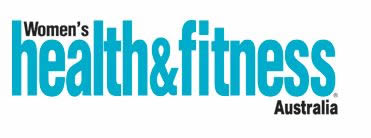If that time of month turns you into Cruella de Vii, complete wit chocolate aisle cravings and a first trimester tummy, put your hormones back in their place with anti-PMS strategies from naturopoth Victoria O’Sullivan.

Women’s Fitness and Health
How Can I Help Create Change For You?
My personal mission is to reach and help as many people as possible. Here are 3 ways to get started working with me for FREE.
OPTION ONE:
Download my “7-day Jumpstart to more energy and vitality.” This will help get you started on your journey. The plan starts by identifying foods that are known disruptors of good digestive health.
OPTION TWO:
Join my free webinar series. Here you will learn all about preventative health and the key issues like stress, gut health, allergies, hormonal imbalance, mindset and genetics.
OPTION THREE:
I would love you to schedule a 1:1 session where we can work together to design a blueprint for you to experience a positive change in your overall health and vitality.





